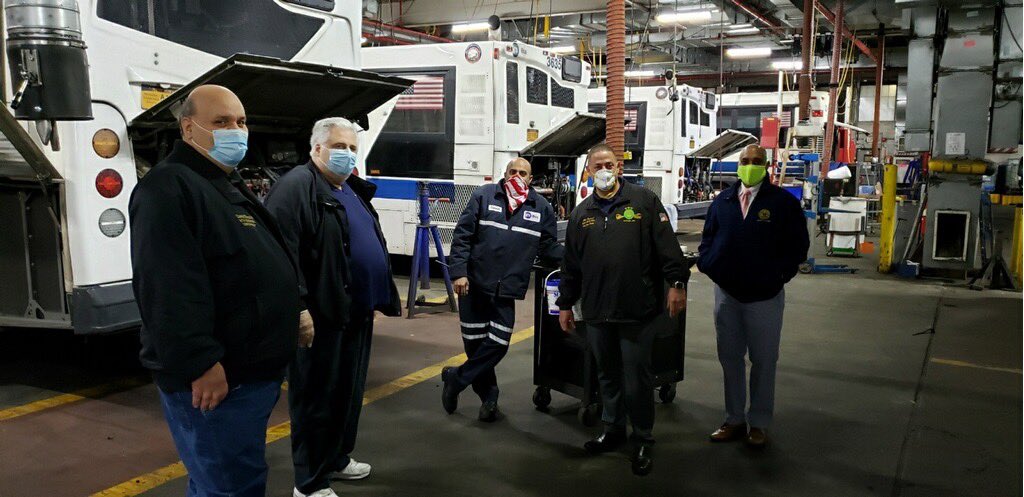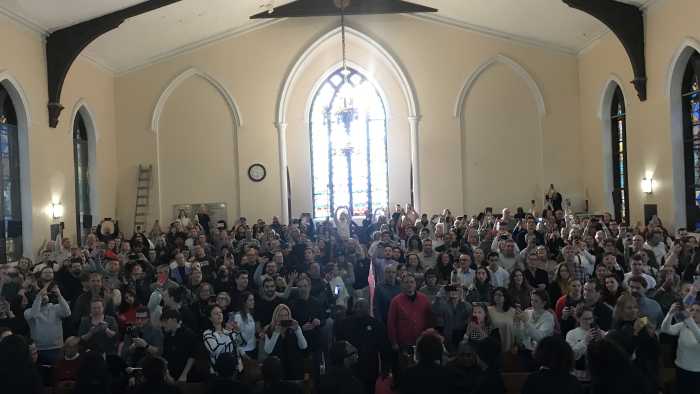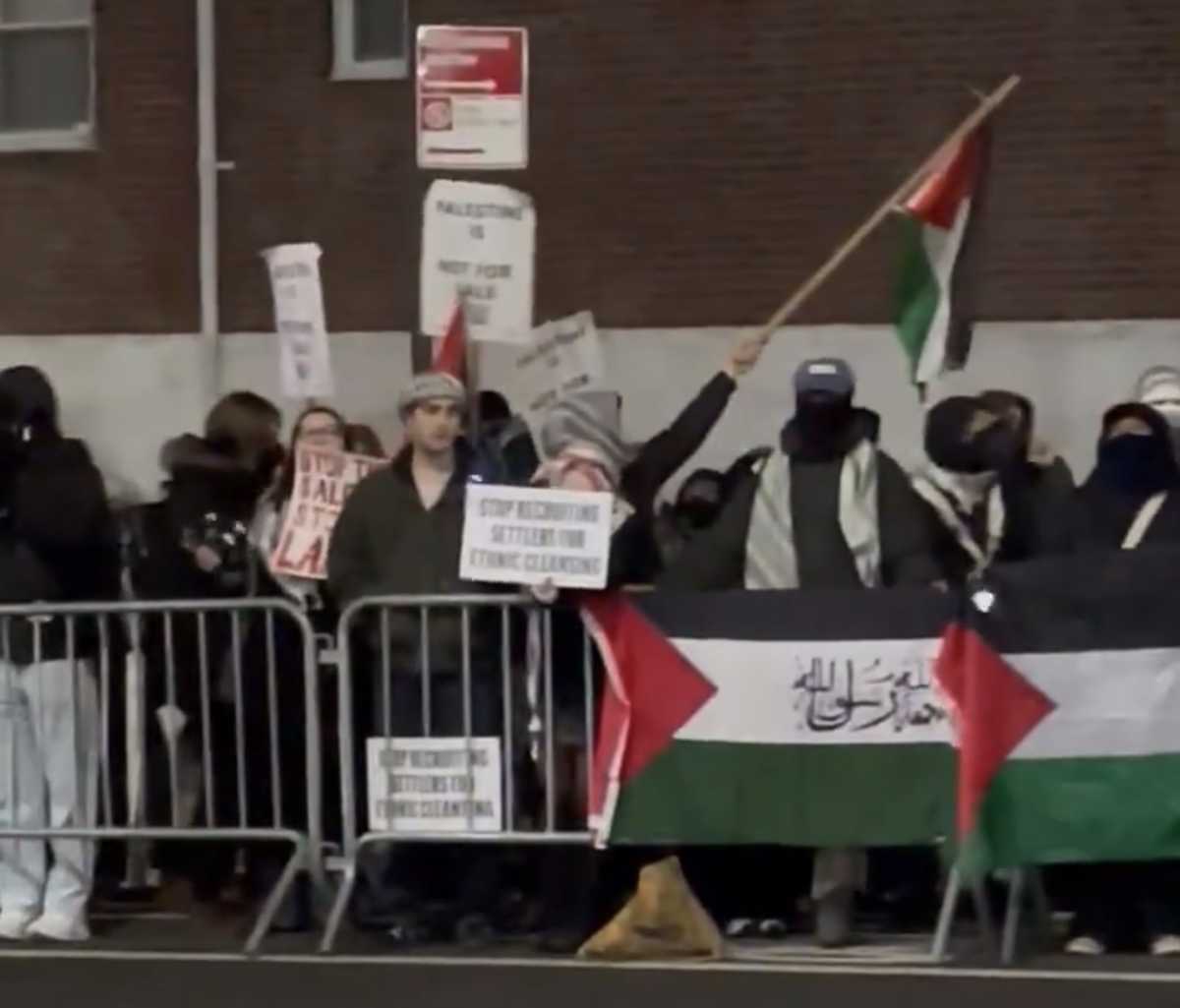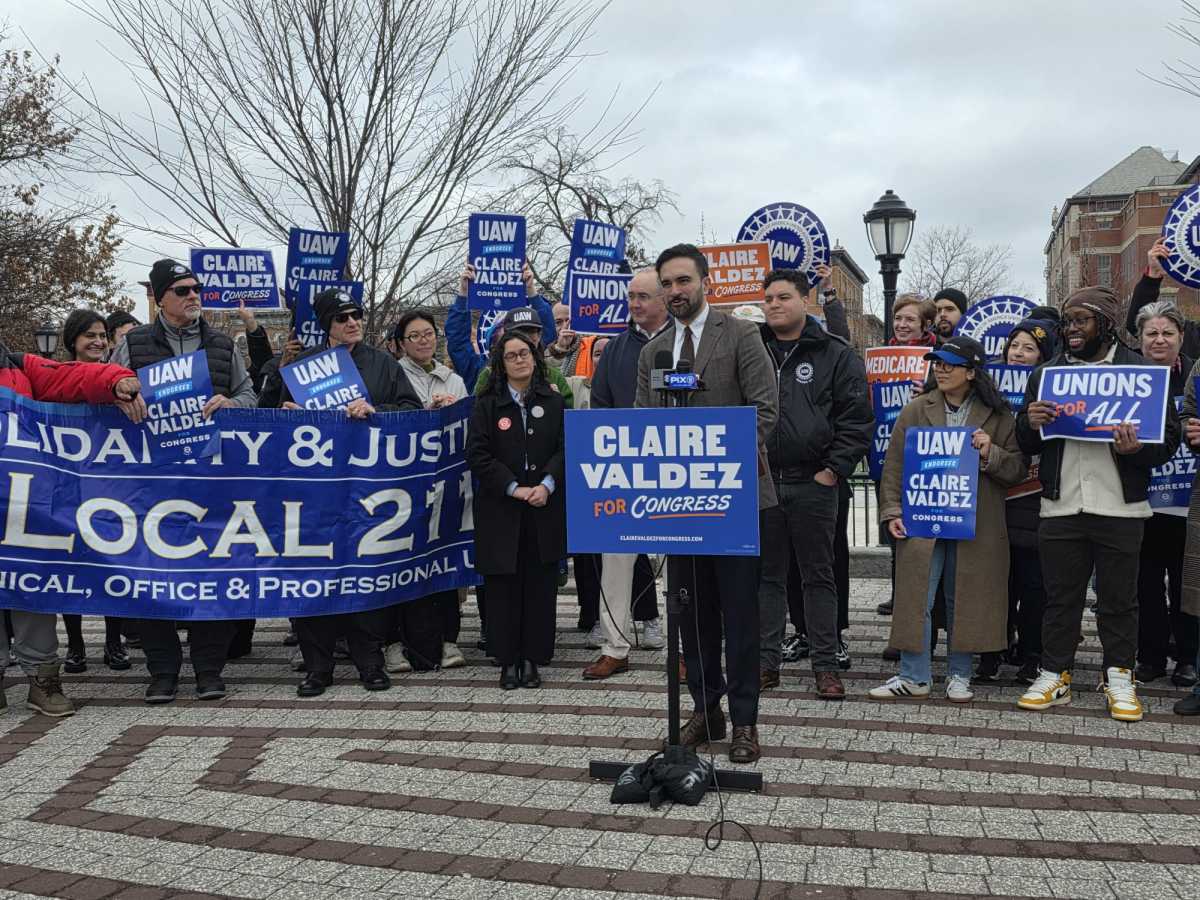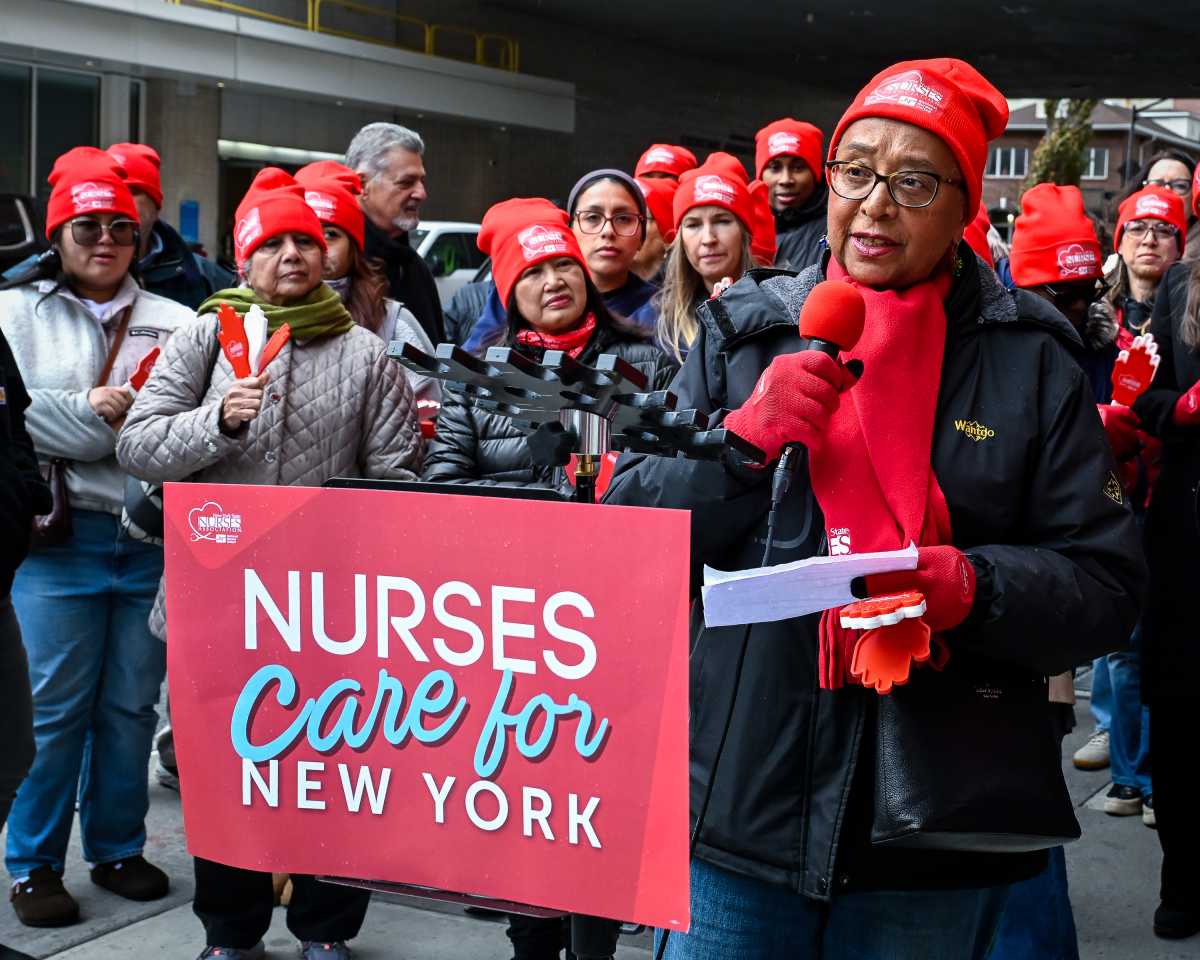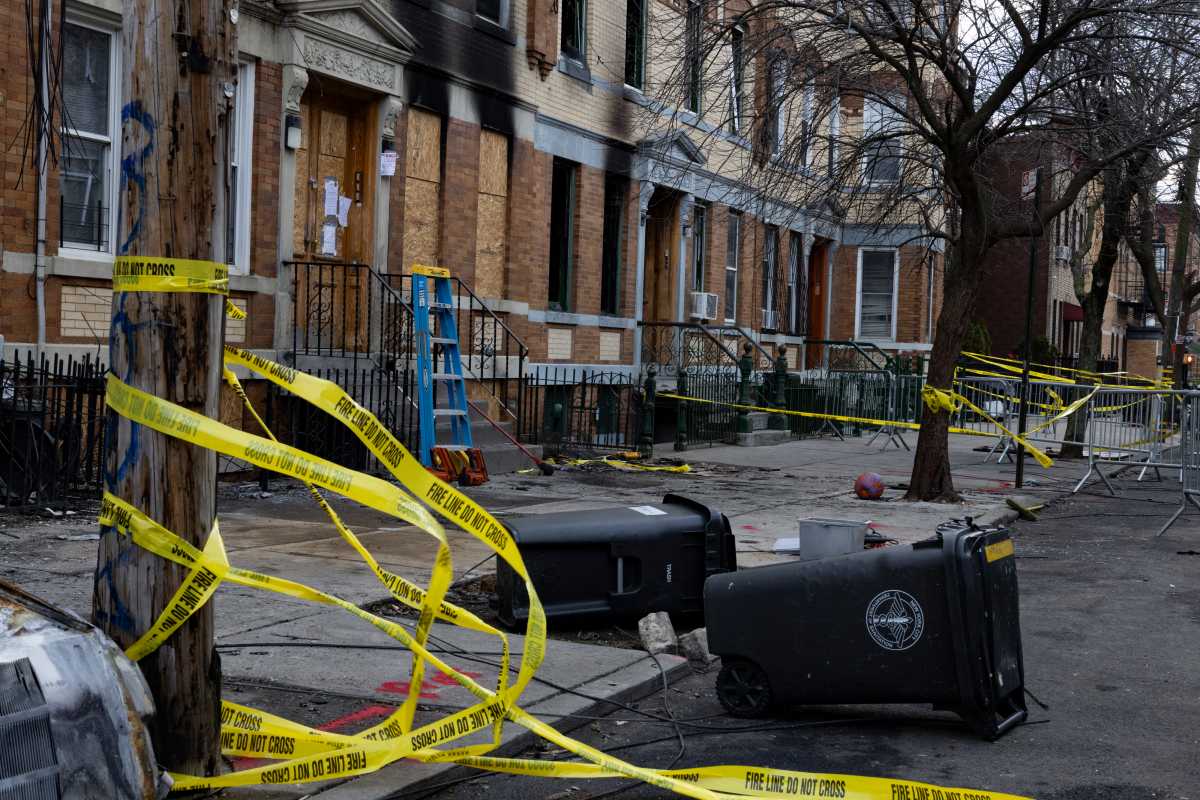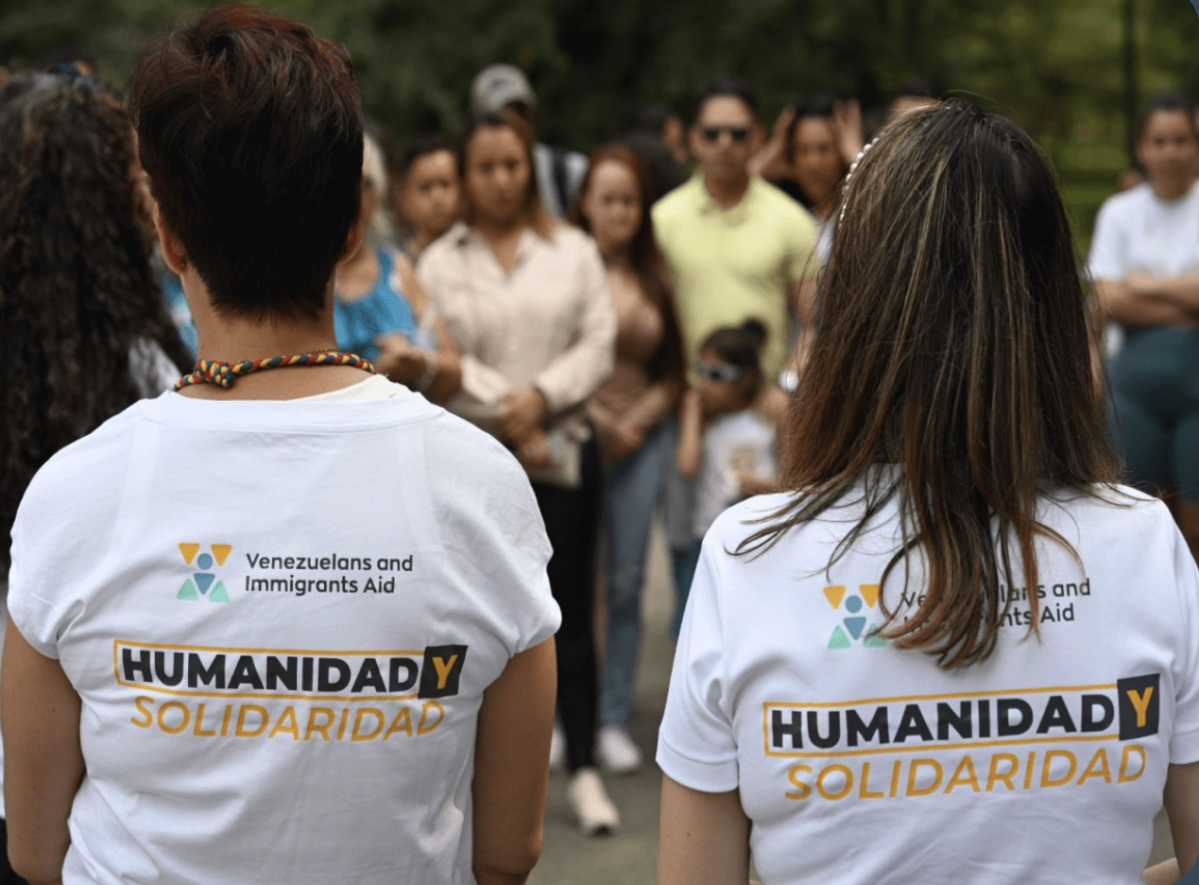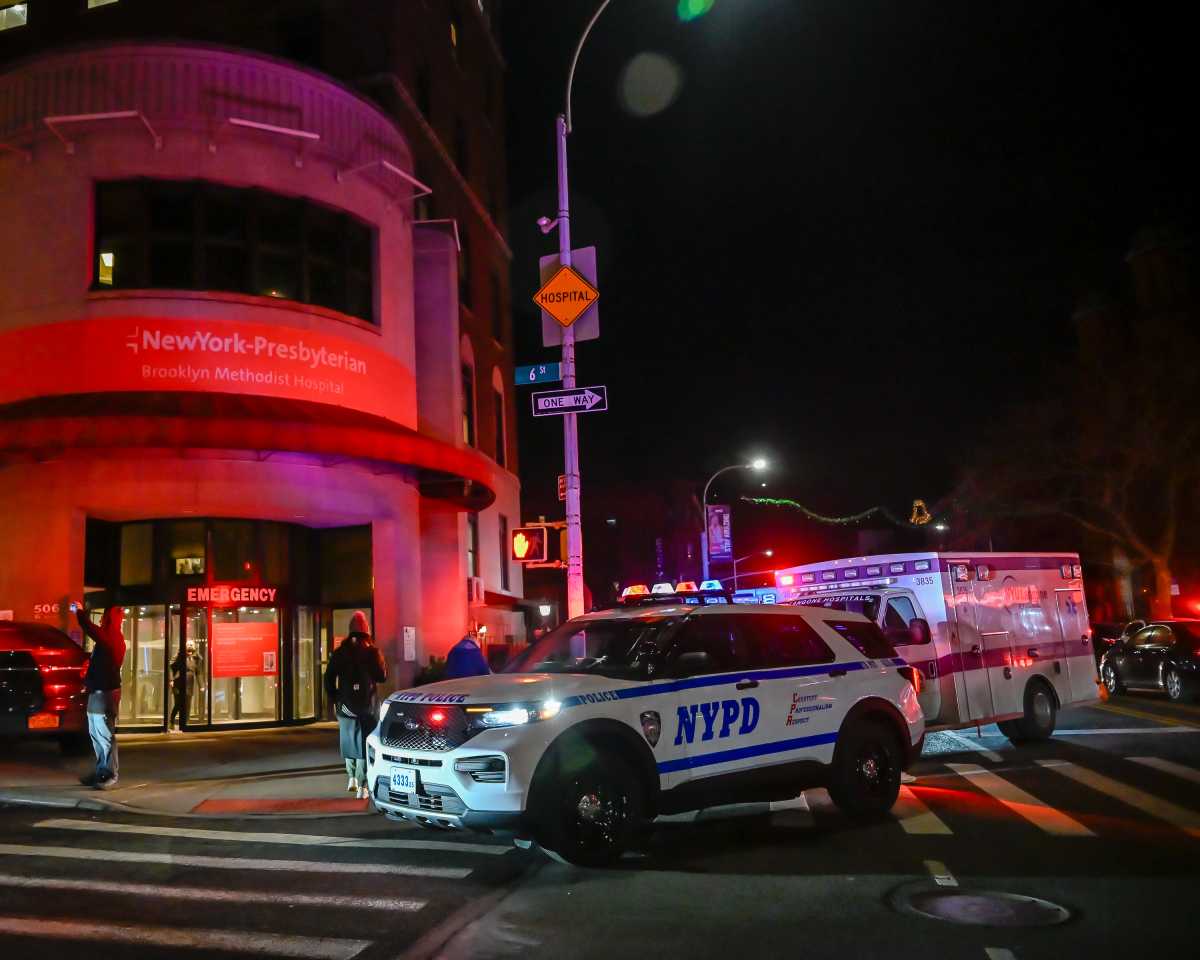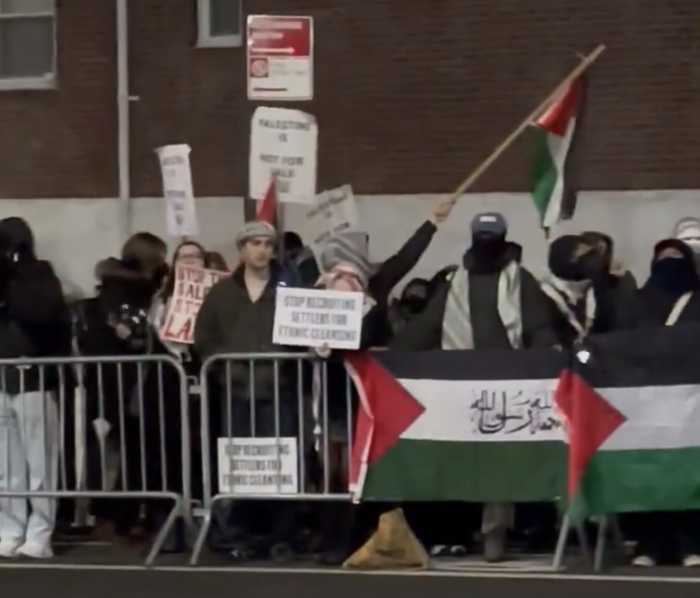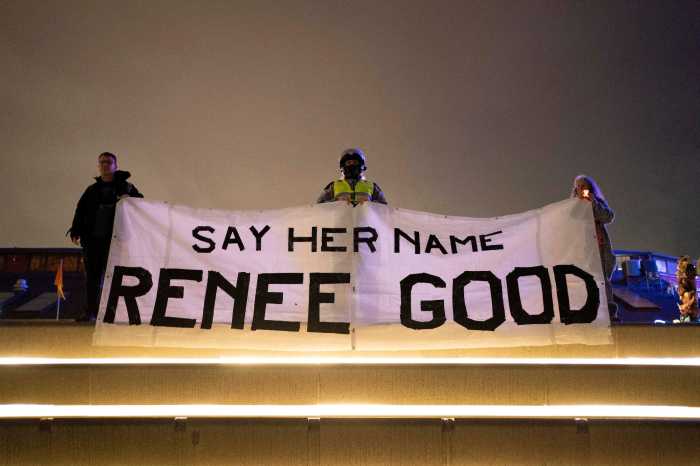While essential workers are still going to work every day to fight off the deadly COVID-19 pandemic across New York City, unions have continuously backed their members and spoken out where need is greatest. Still, the losses mount.
The MTA has lost 120 employees to COVID-19 since it began in March, New York City has lost 270 public servants as of May 19 and organizations such as the Transport Workers Union at the regional level and the Transportation Trades Department have been pulling their weight to get supplies needed for their members.
Even as the HEROES Act has stalled in the U.S. Senate, 32BJ SEIU has been calling for layoff protection to be included in the bill that would provide $1 trillion for cities and states to continue providing essential services.
“The majority of 32BJ members immigrants and people of color who are disproportionately affected by COVID-19. The HEROES Act helps to address some of the glaring inequities that have been exacerbated by this crisis by demanding data on racial disparities and COVID and by providing assistance for struggling families,” said Kyle Bragg, President of 32BJ SEIU, on May 15. “Now we call on the Senate to do all it can to protect essential workers so they have full access to emergency relief like layoff protection, essential pay and personal protective equipment to avoid infection.”
On March 25, Brooklyn Borough President Eric Adams and TWU Local 100 call on the MTA provide masks and other sanitary supplies as opposed to other measures implemented such as rear-door boarding on buses and six-feet of distance between drivers and riders.
The rear-door boarding is a good safety measure in buses, but our members want masks as an added layer of protection and some peace of mind,” TWU Local 100 President Tony Utano said at the time. “Every safety precaution must be take to protect the workforce or the MTA won’t have enough workers to run the service.”
By March 30, the MTA had broken from the Centers for Disease Control’s recommendation that healthy individuals do not need masks to prevent exposure from the coronavirus and began issuing N95s in the agency’s stockpile. TWU International contributed masks to the distribution
By early April, however, 33 MTA employees were dead, a number that would explode to 120 by May.
In the interim, TWU and other unions would get a deal from the MTA that doubled the payout for families of workers who died from coronavirus. The loss of life benefits would go from $250,000 to $500,000.
But TWU is still urging the MTA to provide hazard pay to its workers as many continue to report for duty and take part in the aggressive cleaning effort between 1 a.m. and 5 a.m. while the subway is on shutdown.
But unions representing transit workers are not the only ones going to bat for their members.
In Long Island City, District Council 9, a chapter of the International Union of Painters and Allied Trades, opened up their office for antibody testing for over 11,000 members and gave out cloth face masks in preparation for the first phase of the reopening which will include construction trades.
“Since the start of this health crisis, our members have been on the front lines, preparing temporary hospital spaces and reporting to job sites deemed essential. Now that our members will be returning to work across all job sites, we will do everything in our power to ensure they have the necessary resources to help them feel comfortable in the transition towards a new normal,” DC9’s business manager Joseph Azzopardi said.
Although downstate is far from reopening, in comparison to other regions in New York which have already begun the process, anticipation of this could be a response COVID-19 hospitalizations and deaths on a continued downward trend.



